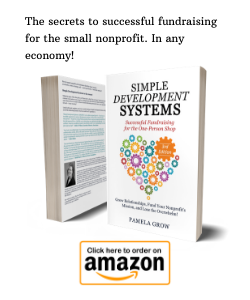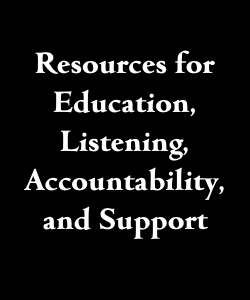As a friend, as a loved one, how can you be there for someone when they are suffering real emotional distress? What can you say or do to help? I turned to Missy Longman for answers recently and she didn’t disappoint. Missy has graciously agreed to allow me to share her words of wisdom.
What can you do or say to someone you love who is experiencing intense emotional pain? I get asked this question a lot. I am not an expert but from my own personal experience, I can share what I was looking for during my darkest moments and what I really needed from my loved ones.
Physical presence – Your PID (person in distress) has just had her world rocked. It has now shrunk and completely halted. So why is everyone else still living life as normal? In the midst of my grief, I remember walking through public places like the grocery store and the mall in awe that everyone was just going about their everyday business. I wanted to shake them and say, “Don’t you know what just happened to me??? How can you possibly be so happy buying butter and lunchmeat right now?”. I wanted people to share my pain. I felt alone and harshly selected to bear the heaviness of the whole world while everyone else skipped happily throughout their days. I was in a box watching the rest of the world go by and I was desperate for someone else to get in the box with me. Anyone. Just be there for your person. Don’t ask how you can help. Just SHOW UP. Bring a sandwich. They probably won’t eat it but bring it anyways. Bring a book. It might be awhile before they can come close enough to the surface to digest a book but bring it anyways. Sit with them. Make their bed. Tidy up their living room. Pour them tea. Just be present. If you can’t show up then call. They will not answer the phone. Leave a message. If you are sincere and loving and real, then they will listen to that message over and over again.
Don’t ask too many questions – your PID hardly even knows her name right now. Questions cause more stress. Things like, “What are you going to do now?” or “How can I help?” are broad and overwhelming. Don’t overwhelm her. Don’t ask lame questions to fill the space. Let your love and your presence fill the space. Give her your air to breathe. Be generous with your air. She’s having trouble breathing right now. If she wants to talk, then just listen. Don’t offer an opinion or advice or an “I know someone who” story. God, those are the worst. They are the worst and I STILL find myself telling them!! This is how hard it is to be there for someone. It is so very hard. But, do it anyways.
If you have to say something then tell her she is loved and that she can do this – and by “this” I mean, drink the tea you gave her or move from the bed to the couch. THIS is whatever the next move is. Your PID is the weakest she has ever been. She can barely even change her pajamas or brush her teeth. She does not think she can do anything remotely as difficult as overcoming whatever massive grief or challenge she is facing. She just needs a gentle reminder that she can do the next right thing. She is loved, she is not alone, she can do this. Make eye contact with her when you say it. She needs to know you believe it and that you’re not just saying it because you think it’s what you are supposed to say.
Don’t put a time limit on her grief – this is so important. I think it is the most important of all. You cannot decide when her grief should end and when it is time to move on. You are going to want to because the pain is too much and you don’t think you can watch the suffering for another minute. But, don’t do that. Because her grief will not stop just because you’ve decided it’s time. The time to move on is deeply personal and she is the only one who has access to this classified information. And she doesn’t know ahead of time, so don’t ask. If you try to prematurely end the grief, what you will do is you will isolate her and leave her to grieve alone. I’m telling you, this is the hardest one. We want to make it all better. We want to walk in, say something really profound and healing, and leave knowing that everything is okay again. It just does not work that way.
So here you go. We like to complicate everything. This is so simple, it’s hard. Show up. Sit with her. Give her a hug. Make her a cup of tea. Listen. Tell her you love her. Listen. Be generous with your air. Clean her house. Listen. Be a safe, soft space. She’s doing very serious, holy work in this moment and you have the privilege to hold vigil with her. Do it. And then come back and do it again.

Missy Longman is the co-founder and President of the SMS Research Foundation. She and her husband, Dan, have three beautiful children. Their oldest, Sienna, has Smith-Magenis Syndrome, a rare chromosomal abnormality that causes lifelong developmental, cognitive, and behavioral issues. Missy holds a Master’s degree in social work and her background includes crisis care management as well as sales, marketing, and fundraising. She resides in South Florida.

















 I can’t wait to meet with you personally.
I can’t wait to meet with you personally.
Comments on this entry are closed.